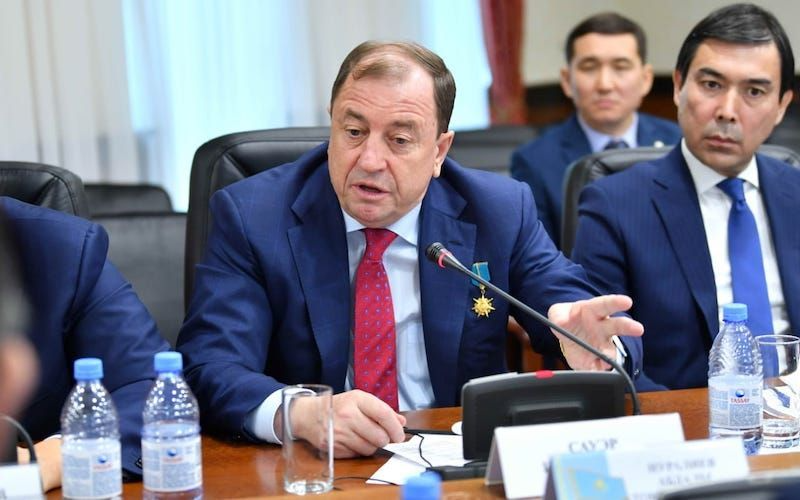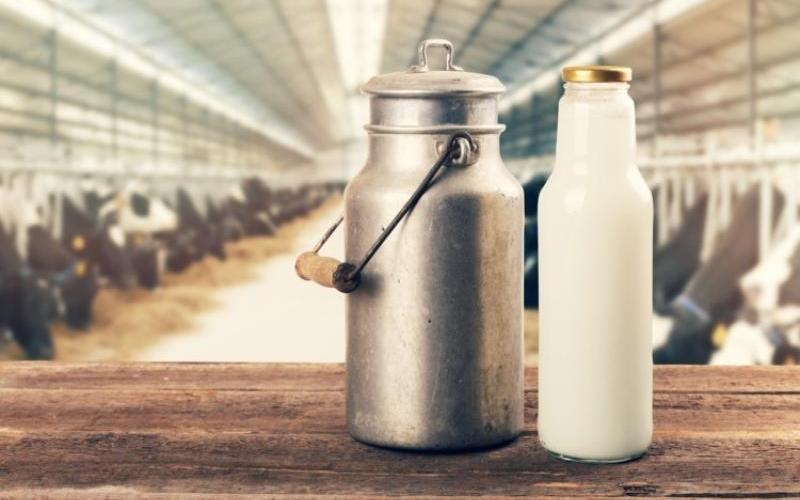"Subsidies Are Coming with Significant Delays" - Ivan Sauer

According to Ivan Sauer, director of LLP "Agrofirm Rodina," the state support program for dairy farming has proven effective, but chronic payment delays undermine trust in the system.
"Subsidies come very late. There are even debts fr om last year. When a business plans a project, it relies on timely fulfillment of obligations. As they say, the spoon is dear to the dinner," noted Ivan Sauer.
In addition, the current subsidy rules do not reflect the current realities of the industry. The cost norms for equipment and feed remain at the level of a decade ago, although modern technologies require significantly more investment."Everything flows, everything changes. The rules were written when we could only see self-propelled feed dispensers and mixers at very prestigious exhibitions. Today, they are already part of our daily life and surprise no one. But by the subsidy rules, a meager amount is provided for these expensive but justified costs. And now new technologies are available, crushers, feed choppers. But funds for them are allocated very late and very little," commented the head of the agrofirm.
There is particular concern about the difference in subsidies for domestic and imported breeding livestock. For the purchase of local livestock, 200 thousand tenge is allocated, while for imports — 400 thousand tenge.
"There is a queue for domestic breeding livestock scheduled a year and a half in advance. But the state continues to support imports more than local production. This is discrimination," emphasized Ivan Sauer.
Another issue is related to uniform rules for all regions of the country, despite significant differences in climate and yield.
"Our Kazakhstan is vast in itself. Even within the Akmola region, there are different soils and yields. But programs are built as if the whole country is one point. The President rightly spoke of the need for a differentiated approach," emphasized Ivan Sauer.
Meanwhile, competitors from the EAEU receive not only more subsidies but also more effective marketing support.
"Domestic producers can be significantly supported even through marketing. We perfectly understand that no one will bring real milk here from afar, from abroad. What they bring is not real milk. But they sell it. Because they use advertising, beautiful packaging. And also because there is no concept of patriotism in our networks. You go to Belarus, and there is the Belarusian flag on the entire display, with all the products against the background of the Belarusian flag. You can't just pass by. We lack the concept of priority and patriotism in trading networks," noted Ivan Sauer.
Azamat Saginbayev, executive director of the Republican Chamber of Dairy and Combined Breeds of Cattle QazaqSut, confirms that the industry is chronically underfunded. According to him, even milk subsidies — the most transparent form of state support — were not paid in several regions since the spring of 2024.
The reason is the lack of funds in regional budgets.
"Investment subsidies cover only 10–12% of actual costs, whereas by the rules they should compensate 25%. In EAEU countries, the mechanism is different: they subsidize from actual expenses. In Russia, a farmer receives up to 50–60% reimbursement. Our producer receives support five times less than a colleague in Tatarstan," explained Azamat Saginbayev.
The situation is complicated by problems with animal imports. After the transit through Russia was closed, some complexes are idle. Importing breeding livestock by plane without additional subsidies becomes unprofitable.The message from President Kassym-Jomart Tokayev in 2025 gave special importance to the topic. He directly pointed out the need to level the playing field for domestic producers.
Chairman of the Union of Dairymen of Kazakhstan Azamat Sagimbaev stressed that the industry is at a critical point: the debts of enterprises have already exceeded 300 billion tenge.
"We hope that the state will allocate additional resources. If we lim it ourselves only to declarations, imports will continue to displace domestic products," noted the expert.









